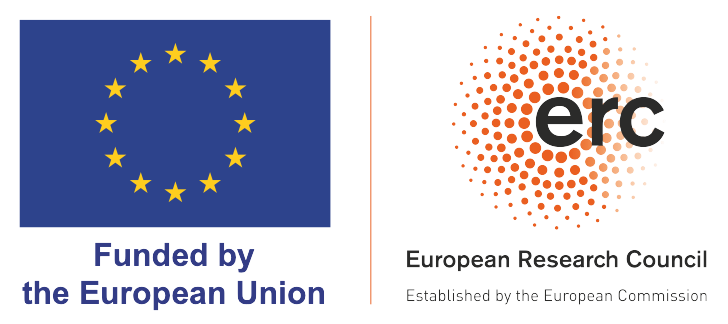-
Courses

Courses
Choosing a course is one of the most important decisions you'll ever make! View our courses and see what our students and lecturers have to say about the courses you are interested in at the links below.
-
University Life

University Life
Each year more than 4,000 choose University of Galway as their University of choice. Find out what life at University of Galway is all about here.
-
About University of Galway

About University of Galway
Since 1845, University of Galway has been sharing the highest quality teaching and research with Ireland and the world. Find out what makes our University so special – from our distinguished history to the latest news and campus developments.
-
Colleges & Schools

Colleges & Schools
University of Galway has earned international recognition as a research-led university with a commitment to top quality teaching across a range of key areas of expertise.
-
Research & Innovation

Research & Innovation
University of Galway’s vibrant research community take on some of the most pressing challenges of our times.
-
Business & Industry

Guiding Breakthrough Research at University of Galway
We explore and facilitate commercial opportunities for the research community at University of Galway, as well as facilitating industry partnership.
-
Alumni & Friends

Alumni & Friends
There are 128,000 University of Galway alumni worldwide. Stay connected to your alumni community! Join our social networks and update your details online.
-
Community Engagement

Community Engagement
At University of Galway, we believe that the best learning takes place when you apply what you learn in a real world context. That's why many of our courses include work placements or community projects.
About Us
BILQIS is a five-year (2023-2028) European Research Council Consolidator Grant. The PI is Professor Roja Fazaeli, Irish Centre for Human Rights, University of Galway.
BILQIS investigates Muslim women’s access to justice in Europe by studying of how Muslim women in Europe have navigated questions of agency and authority from the long 19th century to the present day. Comparative studies are organized with general reference to the Ottoman Balkans and the contemporary states of Bosnia and Herzegovina, Bulgaria, Greece, Ireland, Norway, and Sweden.
BILQIS interrogates how the gendered development of Islamic family laws (IFL) in each of these contexts can be better understood in order to produce new contextual, conceptual, and constructive knowledge that will advance access to justice.
In order to secure access to a full spectrum of justice for Muslim women across instruments of shari’a and civil law the contemporary stalemates around questions of legal pluralism, shari’a councils and councils of arbitration must be opened up by a new conceptual approach to Muslim women’s access to justice in Europe. BILQIS will work to do this by gaining perspective on these dynamics at Europe’s peripheries where historical IFL developments and new IFL possibilities will be compared. These studies, in coordination with the development of a new methodology to address gender gaps and power imbalances, will help reframe questions of Islamic leadership in relation to state structures in Europe and provide new conceptions of IFL that are historically informed, contextually relevant, and inclusive of women’s agency and authority.
BILQIS aims to resolve some of the more significant epistemic, conceptual and methodological impasses around shari’a, conflict of laws, and cultural pluralism in Europe, and will use the sum of this new knowledge to suggest a new methodological framework capable of helping transform the study of gender gaps and power imbalances related to agency and authority in other disciplinary, cultural, and political contexts.
















